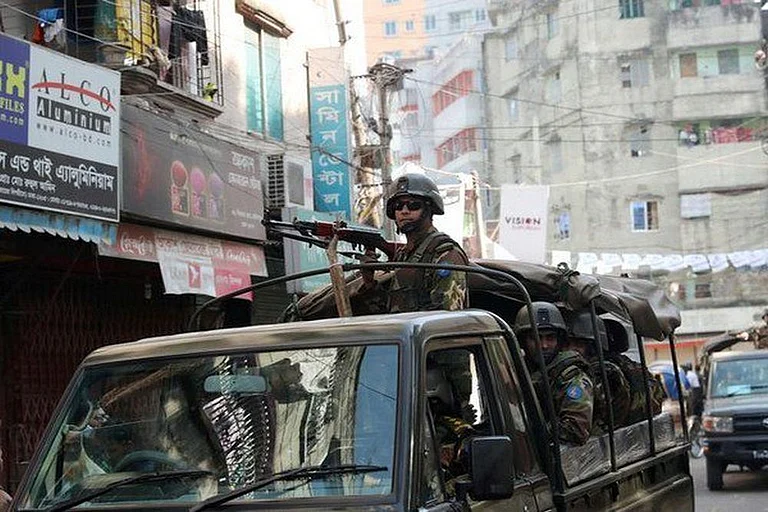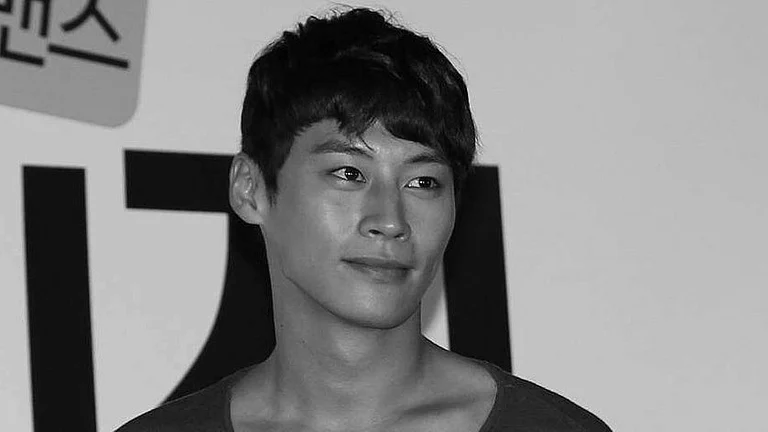The man
Five years and over 800 pages later, when I think of how Agyeya’s biography happened, I am reminded of a few lines from W.H. Auden’s O Tell Me the Truth About Love.
When it comes, will it come without warning,
Just as I’m picking my nose?
Will it knock on my door in the morning,
Or tread in the bus on my toes?
Will it come like a change in the weather?
Will its greeting be courteous or rough?
Will it alter my life altogether?
O tell me the truth about love.
Like love, Agyeya biography came without warning. I was having coffee with scholar Vasudha Dalmia when the discussion veered to the complex life of the author. Enamoured by his writing and life, I asked why there is no biography of Agyeya. Vasudha threw the question back at me. One thing led to another, and Agyeya became the love of my life and altered it for few years. In the course of wading through his voluminous private files, spending days in archives and getting stuck with writing in the night, old memories of encountering Agyeya for the first time at 17, through a borrowed copy of Shekhar: Ek Jiwani, and Kumar Gandharva’s memorable tribute to him kept me going.

After almost a month of going through Agyeya’s papers, on a rainy afternoon, I unearthed a small, smartly-tied cardboard box. Inside were dozens of letters from Kripa Sen, Agyeya’s lover in the early 1940s, but unknown to the world. In between were two neatly folded monogrammed handkerchiefs and a lock of hair, neatly clipped to the paper. Manoj and Satpal, who helped scan the documents, refused to touch Kripa’s hair. There also were four intense letters she had written to him, each different from the other, in exquisite prose full of passion and pining. Among these buried treasures, there was only one letter to her from Agyeya—that too, a parting missive. I spent months tracking Kripa and her family. Only UN diplomat Virendra Dayal remembered Kripa aunty at his uncle Rajeshwar Dayal’s house in Lucknow. Agyeya immortalised her as Rekha in Nadi Ke Dwip, carried traces of her through two more relationships and left the rest for a biographer. I consider myself lucky.
Bridging languages
I often faced two nagging questions. Why have I written a Hindi writer’s life in English and why about his love life? Why not, is how I often counter. Why should Agyeya be left to Hindi alone? Imagine a world where Gabriel Garcia Marquez, Clarice Lispector, Pablo Neruda, Cesar Vallejo and Nazim Hikmet were consigned to their languages. I am happy to note that my friend Vineet Gill’s brilliant book on Nirmal Varma’s literary oeuvre will be out in English next month. Let life and literature of more writers of Indian languages appear in English.
When it comes to private life, a strange morality takes over. Agyeya’s silence and melancholy are more important than his love/sex life, I am told. ‘You have disturbed his sage-like image’, a friend messaged. I disagree. Devotees of Agyeya have made him more boring than he ever was. There is a need to rescue literary icons from their bhakts. One reading suggestion would be City Poet: The Life and Times of Frank O’Hara by Brad Gooch. His private papers came from the family but Gooch did not leave out anything—poetry, art, sex, gossip and glamour.
Regrets
I wish Agyeya’s wife Kapila Vatsyayan was there to read about her estranged husband. Their love affair was talk of the time, from Delhi to Allahabad. She was the niece of Agyeya’s first wife Santosh. Imagine an affair like this today, in the age of instant justice and cyber policing. Like Auden, Kapila’s last line resonates in my head. ‘Don’t you understand man-woman relationship,’ she asked me. Maybe I don’t.
I meticulously kept a record of everyone who helped me in the endeavour. Still I forgot to mention ever smiling Kuldeep of Nehru Memorial Museum & Library. He photocopies archival material and has been extra kind to me. He was sad to see his name missing in the acknowledgement section of the book. Sorry Kuldeep.
(This appeared in the print edition as "Biographer's Diary")
Akshaya Mukul is a writer, most recently of Writer, Rebel, Soldier, Lover: Many Lives of Agyeya





















